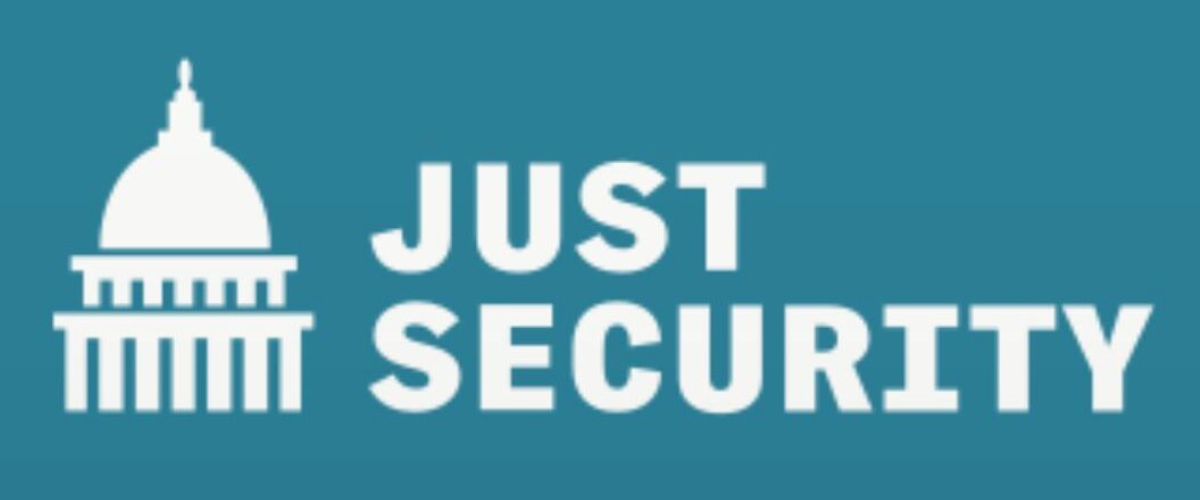 The International Atomic Energy Agency (IAEA)’s recent detection of uranium enriched to near weapons-grade levels in Iran should send a strong message to the United States and Europe that it is necessary to ratchet up diplomatic efforts to reduce the risk of a nuclear-armed Iran. While the spike in enrichment did lead the agency to begin negotiations on additional transparency measures with Iran, these steps alone are insufficient to mitigate the growing proliferation threat and stabilize the current crisis. It is imperative that the United States look to build on the positive momentum generated by the IAEA’s efforts to pursue additional steps to deescalate tensions.
The International Atomic Energy Agency (IAEA)’s recent detection of uranium enriched to near weapons-grade levels in Iran should send a strong message to the United States and Europe that it is necessary to ratchet up diplomatic efforts to reduce the risk of a nuclear-armed Iran. While the spike in enrichment did lead the agency to begin negotiations on additional transparency measures with Iran, these steps alone are insufficient to mitigate the growing proliferation threat and stabilize the current crisis. It is imperative that the United States look to build on the positive momentum generated by the IAEA’s efforts to pursue additional steps to deescalate tensions.
From a technical perspective, Iran can now build a bomb more quickly than at any point in its history, if it made the decision to do so and undertook the necessary weaponization activity. This risk is amplified by domestic and geopolitical factors that might lead Tehran to conclude that the perceived security benefits of nuclear weapons outweigh the cost it will pay for developing them.
Since protests broke out in September, Iran has accused the West of supporting regime change objectives. Tehran may come to view nuclear weapons as necessary to deter foreign interference in its domestic politics and to preserve the current regime. Further acts of sabotage and the growing threat of military action against Iran’s nuclear program could also lead Tehran to determine that nuclear weapons are necessary to prevent future attacks.
Read the full op-ed, published March 20, 2023, in Just Security.
